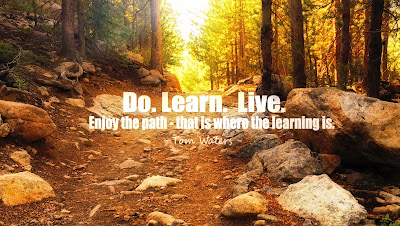6 Time Wasters in the Reading Classroom
We don't have time. Biggest educational complaint! Right? Yes. What about instructional strategies that don't work? They also squander time, time that we don't have. Here's the quick list of strategies that can be replaced with more effective and time efficient practices:
- Calendar Time 15-20 minutes wasted >>> replace with weekly or monthly review of the month, day, etc... Use the fresh morning for more critical word study, place value, or writing skills.
- Word List and Look it Up in the Dictionary 5-15 minutes wasted >>> Long-term memory doesn't encode dictionary definitions well. Replace looking up words with more meaningful vocabulary instruction such as concept mapping, using context clues, and student talk.
- Prizes for Reading (untold minutes) >>> Prizes encourage for sure...but for students who struggle, they don't teach reading and many times punish. That means it undermines motivation. Instead, create reading goals, learning goals, praise effort, chart growth, and celebrate growth. Here's a post where we look at the power of growth.
- Weekly Spelling Tests 25 minutes wasted >>> Whole class lists do not address learning needs. A better practice is to determine spelling development level and give learning tasks for analyzing and sorting words based on different patterns. Assessment? Look at student writing for a spelling evaluation or grade. Plus...save yourself the headache of grading spelling lists!
- Free Reading Time 20 minutes wasted >>> Unsupporting independent reading doesn't teach or allow for focused practice. Instead, pair independent reading with instructional tasks such as using a specific comprehension strategy, giving coaching feedback, paired discussions, and reading response activities.
- Sit for 45 Minutes 40 minutes wasted >>> Physical activity is central to the focused brain activity required for reading. Kill the long lesson format and replace it with 5-10 minute mini-lessons, guided reading, task cards that allow for movement, and game-based practice tasks.

Interested in ways to measure and celebrate growth? Here are two posts Vocabulary for Growth and Grading for Growth.
For a list of research to support these suggestions see the Edutopia post that inspired this one!




Comments
Post a Comment
What are your thoughts?